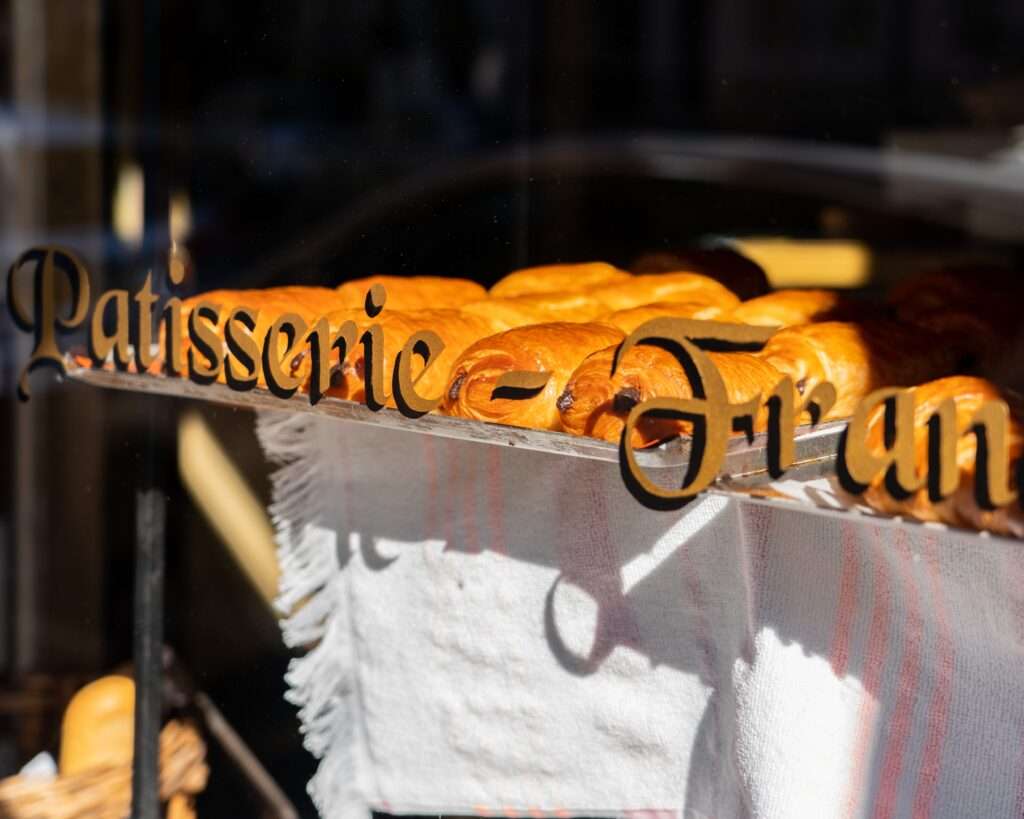By Joseph Winters
Andrée Nieuwjaer, a 67-year-old resident of Roubaix, France, is what one might call a frugal shopper. In fact, her fridge is full of produce that she got for free. Over the summer, she ate peaches, plums, carrots, zucchinis, turnips, endives — all manner of fruits and vegetables that local grocers didn’t want to sell, whether because of some aesthetic imperfection or because they were slightly overripe.
What Nieuwjaer couldn’t eat right away, she preserved — as fig marmalade, apricot jam, pickles. Reaching into the depths of her refrigerator in September, past a jar of diced beets that she’d preserved in vinegar, she tapped a container of chopped pineapple whose shelf life she’d extended with lemon juice: “It’ll last all month!” she exclaimed.
Nieuwjaer is part of a worldwide movement known in French as zéro déchet, or zero-waste. The central idea is simple: Stop generating so much garbage, and reap the many intertwined social, economic, and environmental benefits. Rescuing trash-bound produce, for example, stops food waste that can release potent greenhouse gases in a landfill. Making your own shampoo, deodorant, and other beauty products reduces the need for disposable plastic bottles — plus, it tends to use safer ingredients, meaning less danger for fish and other wildlife.
But Nieuwjaer didn’t just one day decide to join the movement; she was drawn into it as part of a local government experiment in waste management. In 2015, the city of Roubaix launched a campaign to reduce litter by teaching 100 families — including Nieuwjaer’s — strategies for cutting their waste in half. Similar efforts may soon be repeated across France as cities and regions begin striving to meet (and exceed) the country’s ambitious waste-reduction goals. At the heart of their efforts is a fundamental question: How do you get citizens to change their behavior?
Most Americans know France as the land of fine wines and cheese. But among a more niche audience, the country is also known as a zero-waste leader. Besides producing one of the world’s most famous zero-waste influencers, Bea Johnson — the “priestess of waste-free living,” according to the New York Times — France has passed some of the developed world’s most ambitious waste-reduction policies. It was the first country in the world to ban supermarkets from throwing away unsold food, and one of the first to enshrine “extended producer responsibility” into law, making big polluters financially responsible for the waste they create, even after their items are sold.
In 2020, France passed a landmark anti-waste law that laid out dozens of objectives for waste prevention, recycling, and repairability, including a national goal to eliminate single-use plastic by 2040. The law banned clothing companies from destroying unsold merchandise, required all public buildings to install water fountains, and proposed “repairability index” labels for certain electronic products. At the time, the law was praised as “groundbreaking,” and several of its provisions were hailed as the first of their kind.
According to France’s waste prevention action plan for 2021 to 2027, finalized in March by the administration of President Emmanuel Macron, cutting waste will yield myriad co-benefits, from boosting biodiversity and improving food systems to mitigating climate change. One estimate from the nonprofit Global Alliance for Incinerator Alternatives says that a comprehensive zero-waste strategy that includes better material sorting, more recycling, and source reduction — in essence, producing fewer unnecessary things — could reduce waste-sector greenhouse emissions by 84 percent globally.
Achieving all these benefits, however, will require more than proclamations from Paris. According to France’s Ministry of Ecological Transition, the national anti-waste plan is meant to filter down through the levels of government before ultimately manifesting at the local level. The national plan requires regions to develop their own sub-plans, and asks small-scale waste management authorities to “enable the implementation” of France’s bigger-picture waste agenda.
For More Visit https://grist.org/international/in-france-zero-waste-experiments-tackle-a-tough-problem-peoples-habits/



